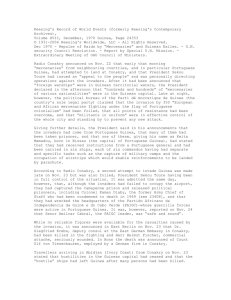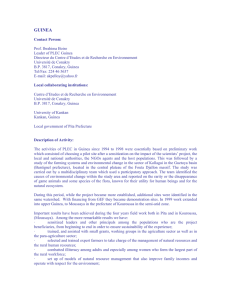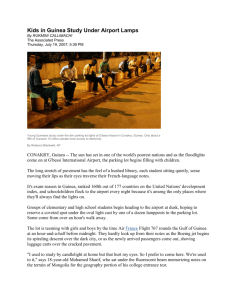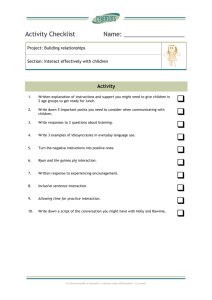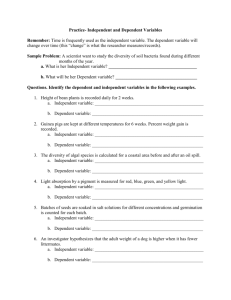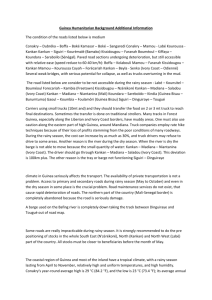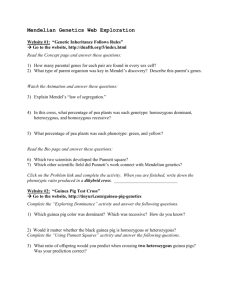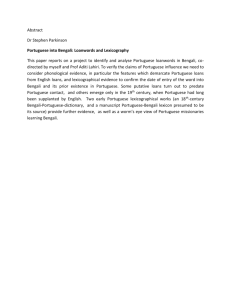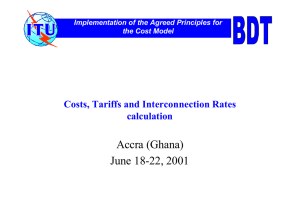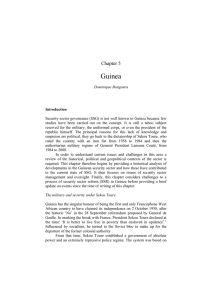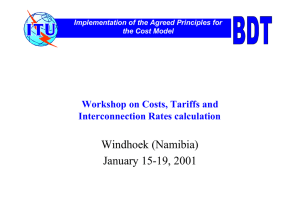Issue Date: December 02, 1970
advertisement
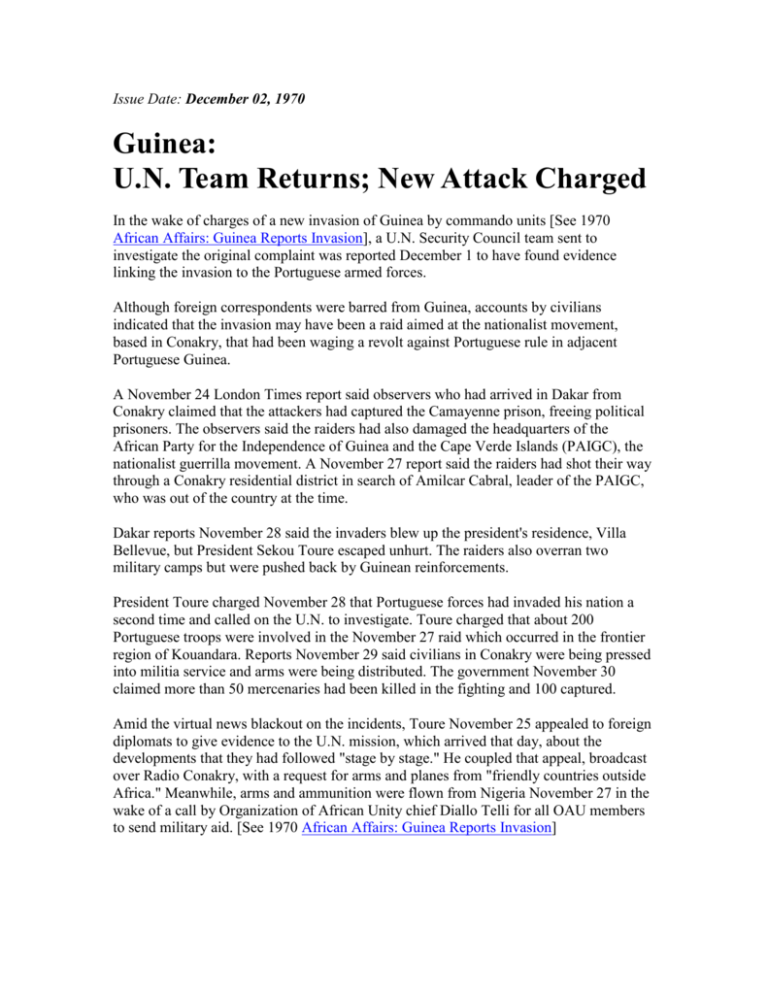
Issue Date: December 02, 1970 Guinea: U.N. Team Returns; New Attack Charged In the wake of charges of a new invasion of Guinea by commando units [See 1970 African Affairs: Guinea Reports Invasion], a U.N. Security Council team sent to investigate the original complaint was reported December 1 to have found evidence linking the invasion to the Portuguese armed forces. Although foreign correspondents were barred from Guinea, accounts by civilians indicated that the invasion may have been a raid aimed at the nationalist movement, based in Conakry, that had been waging a revolt against Portuguese rule in adjacent Portuguese Guinea. A November 24 London Times report said observers who had arrived in Dakar from Conakry claimed that the attackers had captured the Camayenne prison, freeing political prisoners. The observers said the raiders had also damaged the headquarters of the African Party for the Independence of Guinea and the Cape Verde Islands (PAIGC), the nationalist guerrilla movement. A November 27 report said the raiders had shot their way through a Conakry residential district in search of Amilcar Cabral, leader of the PAIGC, who was out of the country at the time. Dakar reports November 28 said the invaders blew up the president's residence, Villa Bellevue, but President Sekou Toure escaped unhurt. The raiders also overran two military camps but were pushed back by Guinean reinforcements. President Toure charged November 28 that Portuguese forces had invaded his nation a second time and called on the U.N. to investigate. Toure charged that about 200 Portuguese troops were involved in the November 27 raid which occurred in the frontier region of Kouandara. Reports November 29 said civilians in Conakry were being pressed into militia service and arms were being distributed. The government November 30 claimed more than 50 mercenaries had been killed in the fighting and 100 captured. Amid the virtual news blackout on the incidents, Toure November 25 appealed to foreign diplomats to give evidence to the U.N. mission, which arrived that day, about the developments that they had followed "stage by stage." He coupled that appeal, broadcast over Radio Conakry, with a request for arms and planes from "friendly countries outside Africa." Meanwhile, arms and ammunition were flown from Nigeria November 27 in the wake of a call by Organization of African Unity chief Diallo Telli for all OAU members to send military aid. [See 1970 African Affairs: Guinea Reports Invasion] The U.N. team, headed by Nepalese delegate Major General Padma Bahadur Khatri, was received coolly by Toure, who said he regretted the U.N. had not agreed to his request for troops. [See 1970 African Affairs: Guinea Reports Invasion] Members of the mission interviewed several African prisoners in Conakry, who reportedly said they were soldiers in the Portuguese army in Portuguese Guinea. The mission saw no white prisoners; the government asserted, however, that white prisoners were taken but were too seriously wounded to be interrogated. The U.N. mission, which returned to New York November 29, reportedly concluded that only a major foreign power with well-organized and well-equipped armed forces could have directed the precision landing of commando units.
